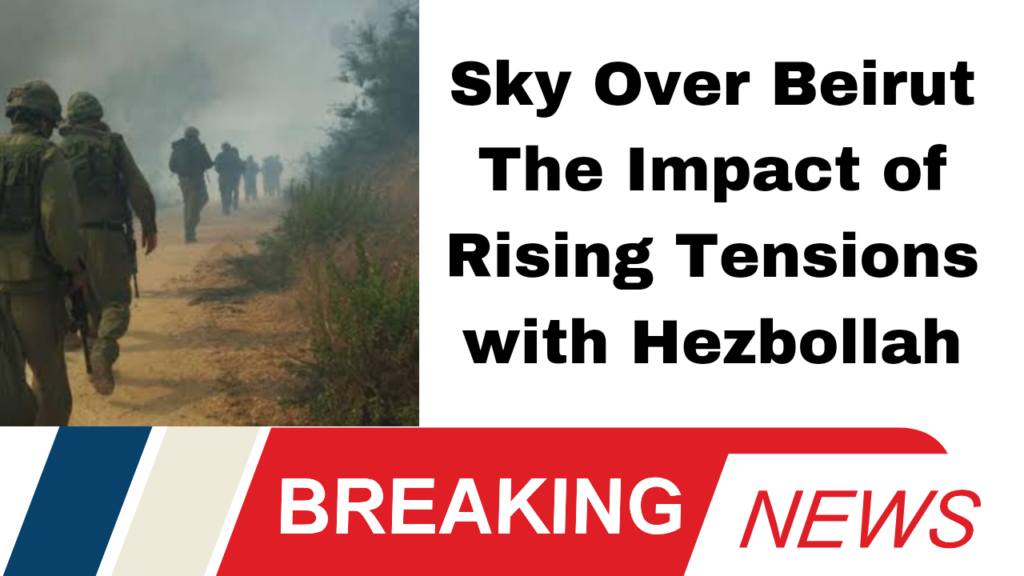IDF Claims Significant Strikes and Key Target Eliminated Amidst Ongoing Violence
In a dramatic escalation of hostilities, the Israeli Defense Forces (IDF) have launched airstrikes on approximately 1,600 targets in Lebanon over the past 24 hours. The Israeli army has asserted that these attacks have significantly weakened Hezbollah, claiming the death of the group’s drone unit chief, Muhammad Suroor, during a targeted airstrike on an apartment building in Beirut.
IDF Claims Major Success Against Hezbollah
Israeli fighter jets executed a series of coordinated strikes on Thursday, September 26, specifically targeting the building where Suroor was believed to be located. The IDF has stated that the airstrike was conducted with precision, hitting the floor where Suroor was hiding. This claim has yet to receive a response from Hezbollah.
Netanyahu Vows to Continue Operations
In a statement from New York, where he is attending the United Nations General Assembly, Israeli Prime Minister Benjamin Netanyahu emphasized the continuation of military operations against Hezbollah. He declared, “Israel’s policy is clear. We will continue to attack Hezbollah with full force and will not stop until we achieve all our goals, foremost of which is the safe return of the residents of the north to their homes.”
As Israeli forces ramp up their operations, American and European officials are advocating for a ceasefire lasting 21 days to facilitate dialogue and reduce tensions. However, Netanyahu’s remarks indicate a firm stance against halting military actions, aiming to curb Hezbollah’s ongoing cross-border shelling that has led to the evacuation of thousands of residents from northern Israel.
The recent wave of airstrikes has transformed parts of Lebanon into scenes of destruction, with Israeli officials vowing to dismantle Hezbollah’s capabilities. As the situation evolves, the potential for further conflict remains a pressing concern for both regionaland global leaders.











More Stories
Netanyahu Under Fire as Leaked Documents Scandal and Hostage Crisis Deepen
Mount Fuji’s Snowless Peak A Sign of Climate Change and Japan’s Cultural Icon in Crisis
Malik Mumbai’s 15 Crore Monthly Income ‘Haar Meri Jeet Apki Offer’ for WBBL 2024 Your Guaranteed Win or Refund!